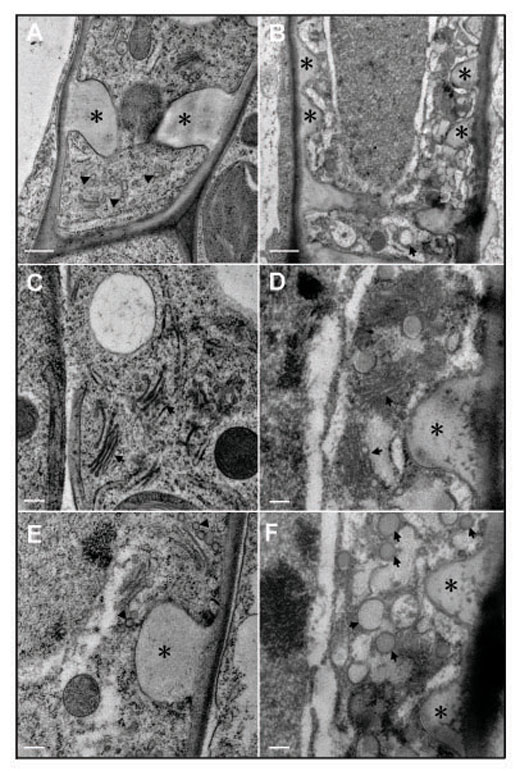Fig. 1. The specific expression of EXO70A1 genes in developing xylem cells.
The invention of xylem is one of the major reasons why angiosperms are so successful on land. The differentiation of xylem goes through a sequential process including cell elongation, patterned secondary cell wall thickening and programmed cell death, to form rigid interconnecting capillary tubes that transport water and minerals from roots to the whole plant body. Exocyst is a conserved 8-mer protein complex regulating the tethering step of vesicle trafficking. Different from yeast and humans, genes encoding for the EXO70 subunit of the complex are highly expanded in plants, with reasons very much unknown. In the newly published paper in Plant Cell, Liu and his co-authors showed that EXO70A1 as a gene expressed primarily in developing xylems in Arabidopsis regulates xylem differentiation through mediating targeted vesicle trafficking in developing xylem cells. Mutations of EXO70A1 led to defected hydraulic transport, discontinued xylem formation and accumulation of vesicles in developing xylem cells (Li et al., 2013, Plant Cell). These results provide insightful information on xylem differentiation in higher plants.

Fig. 2. Mutation of EXO70A1 gene led to accumulation of vesicles in developing xylem cells.
Xylem cells in the wild type (A, C, E) and exo70a1 mutant (B, D, F), at the stage of secondary cell wall thickening. Note the accumulation of large membrane-bound compartments in F.